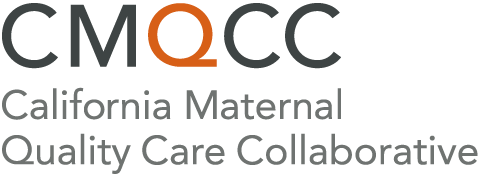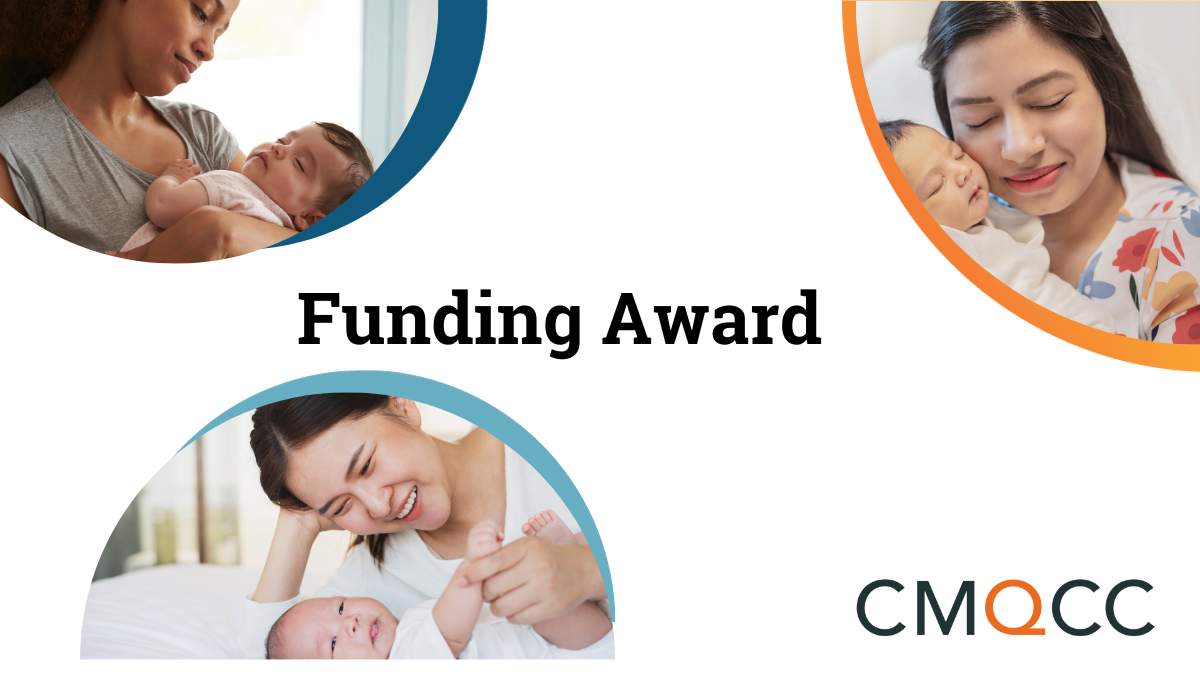U.S. Health Resources & Services Administration awards California a $10 Million State Maternal Health Innovation Award
California Maternal Quality Care Collaborative at Stanford University School of Medicine to lead coordination with state health agencies
In recognition of California’s progress, investment, and innovative strategies to improve maternal health outcomes, the U.S. Health Resources & Services Administration (HRSA) awarded California a five-year, $10 Million State Maternal Health Innovation (MHI) grant. The award will go to the state’s Perinatal Quality Collaborative, the California Maternal Quality Care Collaborative (CMQCC), housed at Stanford University School of Medicine.
“Despite California’s nation-leading investments in maternal health, Black women and Native American women continue to die during and after childbirth at alarming rates,” said First Partner Jennifer Siebel Newsom. “With this award, California will continue to address the egregious, disproportionate maternal mortality rates among women of color by further identifying gaps in quality of care and enhancing essential partnerships between government, community organizations, and the healthcare sector. In order to truly realize a California for ALL women, we must ensure ALL mothers and birthing people can safely and equitably receive the care they need.”
In close collaboration with the Office of the California Surgeon General, California Department of Public Health (CDPH) Maternal Child Adolescent Health Division, the Department of Health Care Services, CMQCC will work to convene a California Maternal Health Steering Committee comprised of public health, health care, and community partners that span governmental, non-governmental and academic sectors.
“HRSA’s investment in California gives the state funding to help close the gaps we know are driving moms to suffer, and in some cases, die during and after childbirth,” said California Surgeon General Diana Ramos, MD. “Together, with the key state health agencies and community and local health leaders, California can improve maternal health and make California the safest and best place to have a baby for all women, despite race, ethnicity, socio-economic state, zip code or family makeup.”
“The California Department of Public Health is eager to collaborate with key partners to improve maternal health outcomes for all Californians - especially those communities experiencing the greatest disparities,”said CDPH Director and State Public Health Officer Tomás J. Aragón, MD.
The Maternal Health Steering Committee will then establish and direct a multidisciplinary, diverse California Maternal Health Task Force to do the following:
- Translate data from the recommendations from Maternal Mortality Review Committee reports and publications into action.
- Use the state’s most recent Title V MCH Block Grant Program’s needs assessment to conduct a baseline assessment of state maternal care and coverage.
- Develop and implement a state-focused strategic plan to ensure that at-risk pregnant individuals assessed for poor outcomes have access to and benefit from medical, public health and social service evidence-based resources, with the goal of reducing severe morbidity and mortality and racial/ethnic inequities.
- Coordinate and promote existing work and identify and execute innovative maternal health strategies informed by community voices to close the gaps in recognizing, managing, and treating risk factors and mitigating health-related social needs.
- Fund new community centered interventions that address critical gaps in service delivery by bridging clinical care and public health programs to improve perinatal outcomes.
“For nearly two decades, the CMQCC has addressed some of the most difficult obstetrical challenges facing women and families in California. As a result, California is now a national and world leader in transformative perinatal quality initiatives. This new funding is a wonderful recognition of these efforts and offers an amazing opportunity to build on this history of innovation and success,” said Stanford University School of Medicine Department of Obstetrics and Gynecology Chair Leslee L. Subak, MD.
“With this new funding, we will ensure at-risk pregnant mothers and birthing people who are assessed for poor perinatal outcomes have access to and benefit from medical, public health and social service evidence-based resources, with the goal of reducing severe maternal morbidity and mortality as well as addressing inequities in California maternal care,” said Stanford University School of Medicine Maternal and Child Health Research Institute Chair Mary Leonard, MD.
HRSA announced the Fiscal Year 2023 State MHI Program awards as part of its funding announcements in support of the White House Blueprint for Addressing the Maternal Health Crisis, a whole-of-government strategy to combat maternal mortality and improve maternal and infant health, particularly in underserved communities. The purpose of the State MIH Program is to reduce maternal mortality and severe maternal morbidity by supporting state-led demonstrations focused on improving maternal health and addressing maternal health disparities through quality services, a skilled workforce, enhanced data quality and capacity, and innovative programming.
###
About CMQCC
The California Maternal Quality Care Collaborative is a multi-stakeholder organization committed to ending preventable morbidity, mortality, and racial disparities in California maternity care. CMQCC uses research, quality improvement toolkits, statewide outreach collaboratives and its innovative Maternal Data Center to improve health outcomes for mothers and infants. CMQCC was founded in 2006 at Stanford University School of Medicine together with the State of California in response to rising maternal mortality and morbidity rates. For more information, please visit cmqcc.org.
Media Contact:
Arronoel Ashby-Rosellon, Communications Specialist, CMQCC
arronoel@stanford.edu

